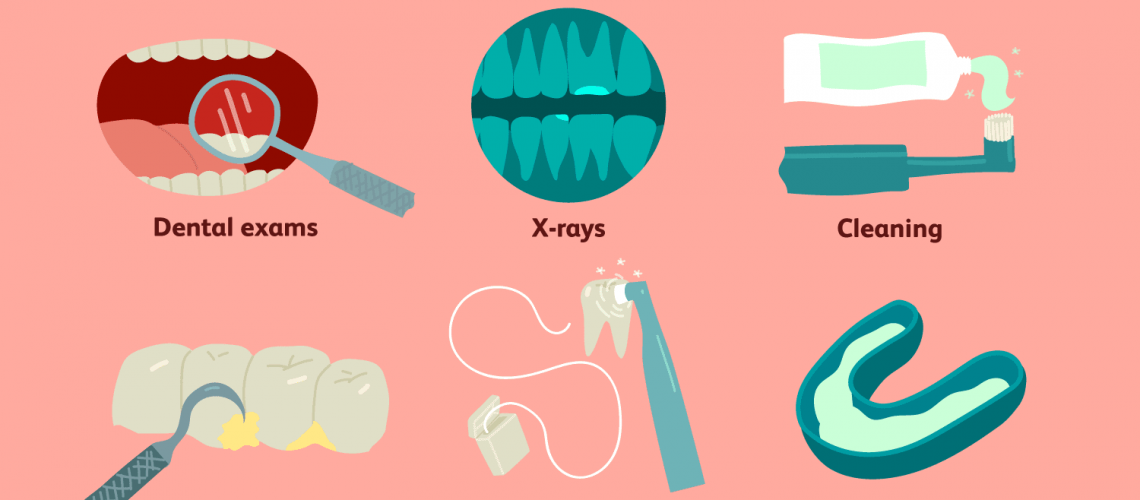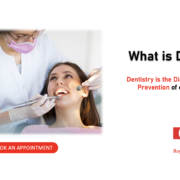Having a healthy, sparkling smile is something that everyone wishes to have. However, in order to achieve this, it is important to maintain good dental hygiene. Good oral care not only helps to maintain oral health but also contributes to overall health and well-being. Practising good dental care is essential in keeping teeth and gums healthy. This is why it is important to follow dental care tips that will help to keep your teeth and gums in optimal condition. From brushing and flossing to visiting the dentist regularly, there are many tips that need to be followed for healthy teeth. Knowing these dental care tips and incorporating them into your daily routine will help to ensure your teeth stay healthy and strong.
What is Good Oral Hygiene | Dental Care Tip
Good oral hygiene refers to a set of habits and practices aimed at maintaining the health and cleanliness of the mouth, teeth, and gums. This includes regularly brushing teeth, flossing, using mouthwash, and getting regular dental check-ups and cleanings. By maintaining good oral hygiene, one can prevent tooth decay, gum disease, and other oral health problems.
✪ Good oral hygiene refers to the practices that are followed to maintain healthy teeth and gums. It is essential to follow these practices in order to protect your teeth from tooth decay and gum disease.
There are many different oral hygiene practices that will help to keep your mouth healthy.

✪ Brushing your teeth twice a day with fluoride-containing toothpaste, Flossing daily to remove plaque from between the teeth.
Using an oral irrigator to prevent gum disease, Eating a balanced diet, Avoiding a diet high in sugar, Drinking plenty of water, Practicing stress management, Getting regular dental checkups and visiting the dentist.
✪ These dental care tips will help you to maintain healthy teeth and gums. Achieving good oral health is relatively easy when these practices are followed regularly.
Benefits of Good Oral Health | Dental Care Tip
There are many different benefits to be gained from maintaining good oral hygiene. While it is important to practice good dental care in order to protect your teeth from tooth decay and gum disease, there are additional benefits that result from healthy teeth.
Preventing tooth decay and gum disease: Brushing, flossing, and using mouthwash regularly can help prevent plaque buildup, which can lead to tooth decay and gum disease.
Fresher breath: Good oral hygiene practices can help eliminate bad breath caused by food particles, bacteria, and plaque buildup in the mouth.
Improved overall health: Poor oral health has been linked to several systemic health problems, such as heart disease, stroke, and diabetes. Maintaining good oral hygiene can help reduce the risk of these and other health problems.
Improved self-esteem and confidence: A healthy, bright smile can boost self-esteem and confidence.
Cost savings: Regular dental check-ups and cleanings can help identify and treat problems early, before they become more serious and costly to treat.
Improved Self-Confidence – Having a healthy smile can help to boost your self-confidence and self-esteem. Having a healthy smile will also help you to feel more comfortable when talking to others.
Healthy Heart – Research suggests that poor oral health is linked to heart disease. Good oral health has been linked to a reduced risk of cardiovascular disease.
Better Sleep – People who suffer from gum disease are more likely to have sleep apnea. Good oral hygiene has been linked to better sleep.
Dental care Tip for Brushing and Flossing
- Brushing your teeth twice daily with fluoride-containing toothpaste is a great way to remove plaque and toxins from your teeth. This will help to prevent tooth decay and gum disease.
- Flossing daily is another important practice that should be followed. Many people do not floss daily, but this is important to do so. Flossing will help to remove plaque and food debris from between the teeth.
- This is a great way to prevent gum disease. Another great tip is to replace your toothbrush often. It is recommended to change your toothbrush every three months or sooner if the bristles become worn.
- It is also important to brush gently and not too hard.
What to eat for Healthy Teeth
A balanced diet is recommended for good oral health. A diet that is rich in vitamins and minerals is recommended because this will help to promote optimal oral health. Foods such as leafy green vegetables, dairy products, nuts and seeds, fish, eggs, fruits and whole grains are rich in vitamins and minerals. These foods will help to promote oral health. Foods that are high in sugar and carbohydrates are known to increase the risk of tooth decay. It is important to eat a balanced diet that is rich in vitamins and minerals. This will help to prevent tooth decay and gum disease.
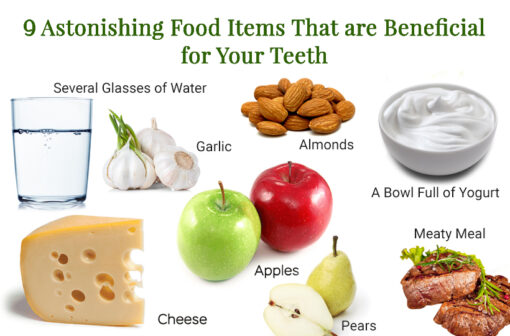
Regular Checkups | Dental Care Tip
It is recommended that you visit the dentist every six months. This is an important dental care tip. Regular dental checkups are important in order to prevent tooth decay and gum disease. They can also identify potential problems and offer treatment to prevent tooth decay and gum disease.
Preventive Dentistry – The purpose of this type of dental checkup is to identify problems and offer treatment to prevent future issues.
Diagnostic Dentistry – This type of dental checkup is used to diagnose existing problems such as tooth decay and gum disease.
A dental checkup will allow your dentist to identify potential problems and offer treatment. Dental checkups are important because they allow your dentist to assess the health of your teeth.
Visiting the dentist regularly allows you to receive treatment that will help to maintain healthy teeth.
Regular dental checkups are recommended for the following:
What to Avoid ? Dental Care Tip
There are certain things that should be avoided in order to maintain healthy teeth. It is important to eat a balanced diet that is rich in vitamins and minerals. Avoiding a diet high in sugar and carbohydrates will help to prevent tooth decay and gum disease. It is important to avoid too much caffeine as this has been linked to tooth decay. It is recommended to reduce the amount of caffeine that you consume. Avoid smoking as this has been shown to increase the risk of gum disease.
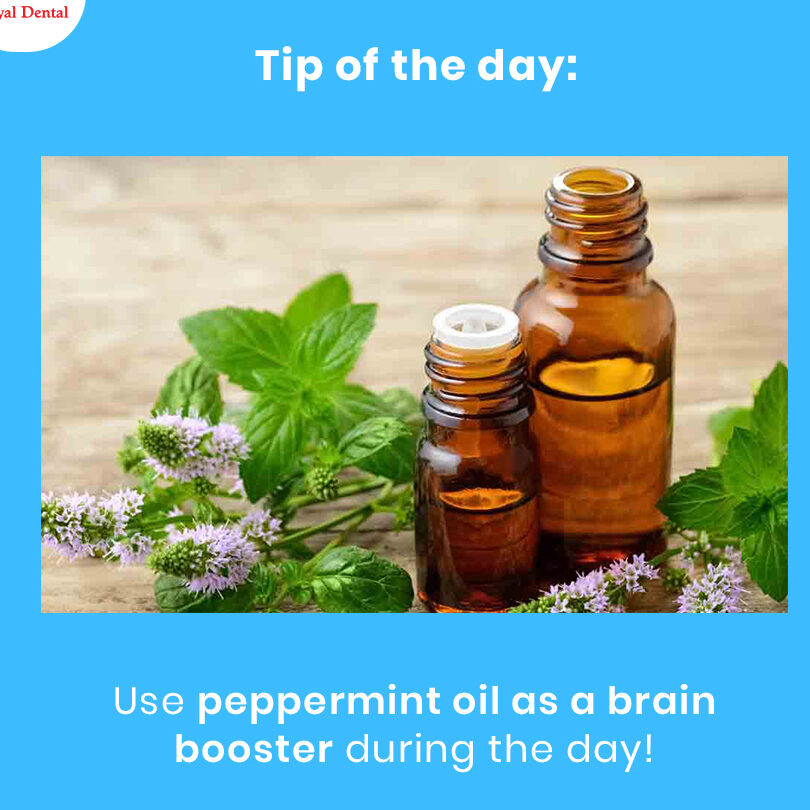
Tips for Choosing the Right Toothpaste
- Check the American Dental Association (ADA) seal of approval: The ADA only gives its seal of approval to toothpastes that have been proven to be safe and effective.
- Determine your specific needs: Some toothpastes are specifically formulated for sensitive teeth, whitening, fresher breath, or other specific needs.
- Consider fluoride content: Fluoride is an important ingredient in toothpaste that helps prevent tooth decay. If you are concerned about the amount of fluoride in your toothpaste, talk to your dentist.
- Avoid harsh ingredients: Some toothpastes contain harsh ingredients, such as sodium lauryl sulfate, that can cause irritation to the mouth and gums.
- Look for natural ingredients: If you prefer natural products, look for toothpastes that contain natural ingredients, such as baking soda and tea tree oil.
- Talk to your dentist: If you are unsure which toothpaste is right for you, talk to your dentist. They can help you choose a toothpaste that meets your specific needs and help ensure that you are using it correctly.
Different Types of Dental Treatments
- Brushing and Flossing: The first line of defence against tooth decay and gum diseases is brushing and flossing regularly.
- Routine Dental Check-Ups: Visiting the dentist for a regular dental check-up will allow them to identify and treat any potential problems or issues with your teeth.
- Tooth Removal: If you have tooth decay or gum disease, the dentist may recommend removing your teeth.
- Dental Implants: Dental implants can replace missing teeth and help to prevent other teeth from moving out of place.
- Dental Sealants: Dental sealants are applied to the chewing surfaces of the back teeth and can help to prevent tooth decay.
- Treatments for Children: Dental treatments for children such as tooth extraction, sealants, and fluoride treatments can help to promote healthy teeth and prevent tooth decay.
- Preventative Care: Good oral hygiene and regular dental check-ups will help to prevent tooth decay, tooth damage, and gum diseases.
Tips to Avoid Tooth Decay and Gum Disease
Daily Brushing and Flossing: Brushing your teeth twice a day and flossing once a day will go a long way in keeping your teeth and gums healthy.
Use Mouthwash: Using mouthwash after brushing your teeth twice a day will help to kill bacteria that are present in the mouth.
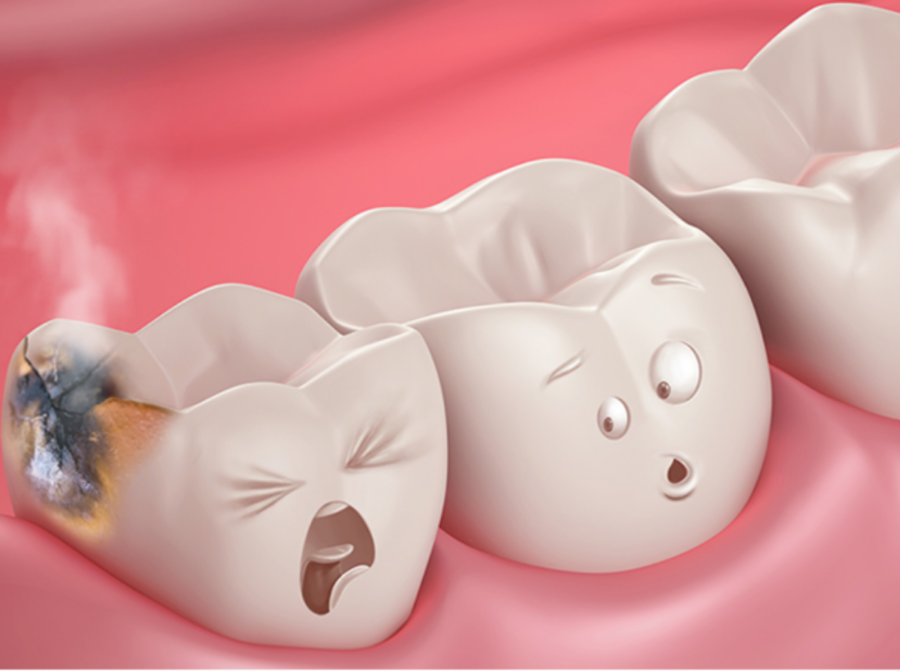
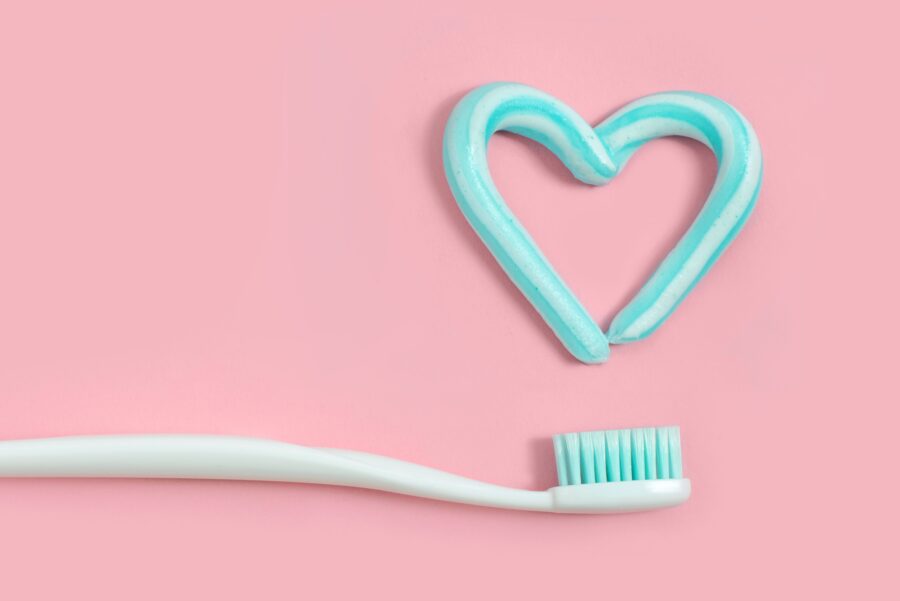

Avoid Sugary Foods and Drinks: Avoiding sugary foods and drinks that contain high amounts of sugar will go a long way towards preventing tooth decay and gum diseases.
Visit the Dentist Regularly: Visiting the dentist for a regular dental check-up will allow the dentist to identify any potential issues early and treat them before they become serious.
Utilise Preventative Treatments: Utilizing preventative treatments such as dental sealants or fluoride treatments will help to strengthen teeth, reduce tooth decay, and fight bacterial infections.
Preventative Dental Care Tip for Children
Children need special attention when it comes to caring for their teeth. It is important to start caring for your child’s teeth as soon as they erupt.
⭐ It is recommended that you start brushing your child’s teeth when they are 6 months old.
✫ It is important to follow these tips to care for your child’s teeth.
⭐ It is recommended that you use a toothbrush that is made for children. It is important to use a soft-bristled toothbrush when brushing your child’s teeth.
✫ It is also important to use toothpaste that is fluoride-free when brushing your child’s teeth. It is recommended to brush your child’s teeth twice daily.
⭐ It is also important to avoid sugary drinks and snacks. This will help to prevent tooth decay.
Practice Regular Dental Checkups
- Regular dental checkups are important in order to identify potential problems and offer treatment. A dental checkup will allow your dentist to assess the health of your teeth.
- They can also identify potential problems and offer treatment to prevent tooth decay and gum disease.
- Visiting the dentist regularly allows you to receive treatment that will help to maintain healthy teeth.
- Regular dental checkups are recommended for the following: Preventive Dentistry – The purpose of this type of dental checkup is to identify problems and offer treatment to prevent future issues.
- Diagnostic Dentistry – This type of dental checkup is used to diagnose existing problems such as tooth decay and gum disease.
Conclusion
Having healthy teeth and a beautiful smile can improve self-confidence and help to boost your confidence in social situations. Regularly brushing your teeth and flossing will help to prevent plaque and tartar buildup and promote healthy teeth. Eating a balanced diet and avoiding sugary foods will help to promote good oral health and keep teeth strong and healthy. Always remember to brush your teeth twice a day for two minutes each time and floss once a day to keep your teeth healthy and strong. If you have any dental problems, then make an appointment with our expert Dentist at Royal Dental Clinics. We have highly experienced dentists who treat your dental issues and provide perfect smiles that last forever.
Suggested Article:
What is a Cosmetic Bonding procedure?
Follow Us For More Updates
